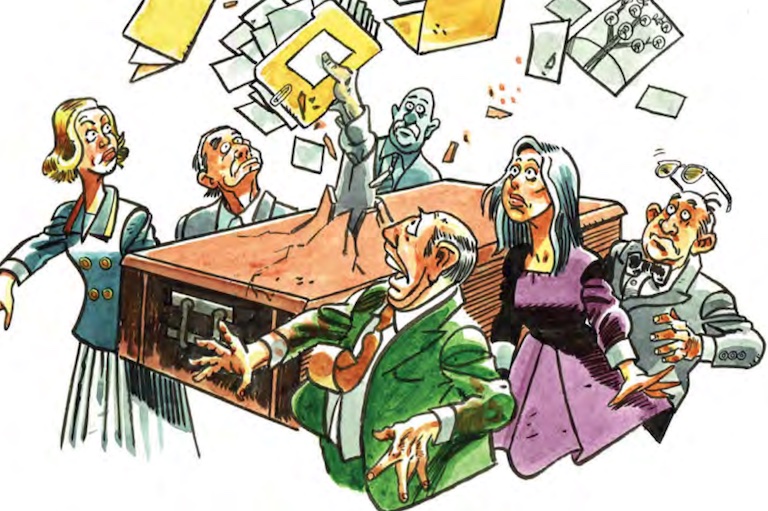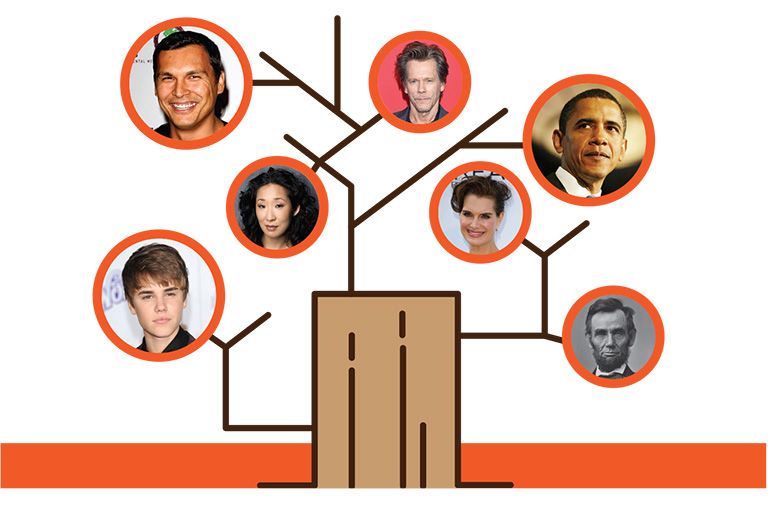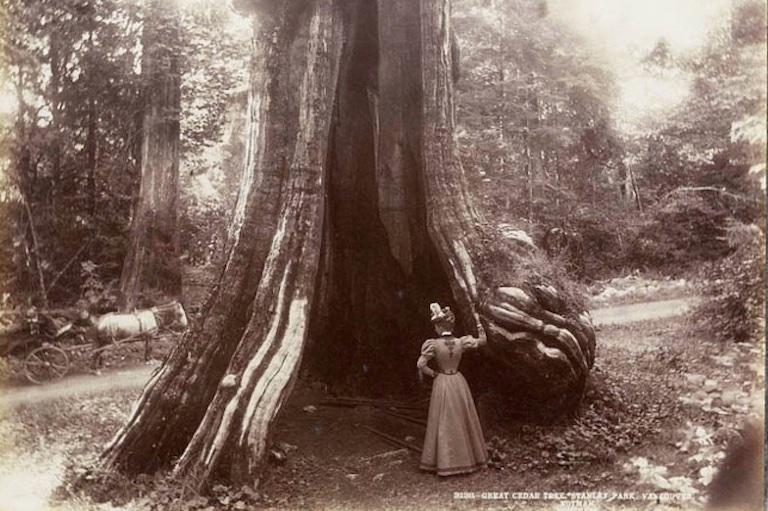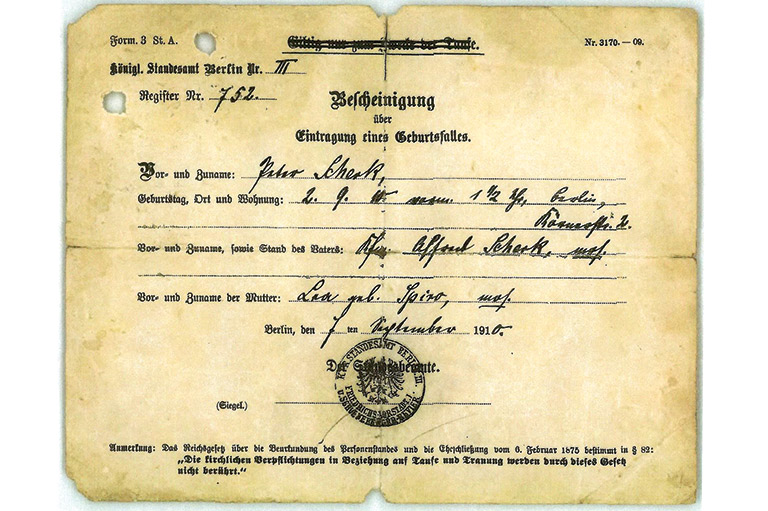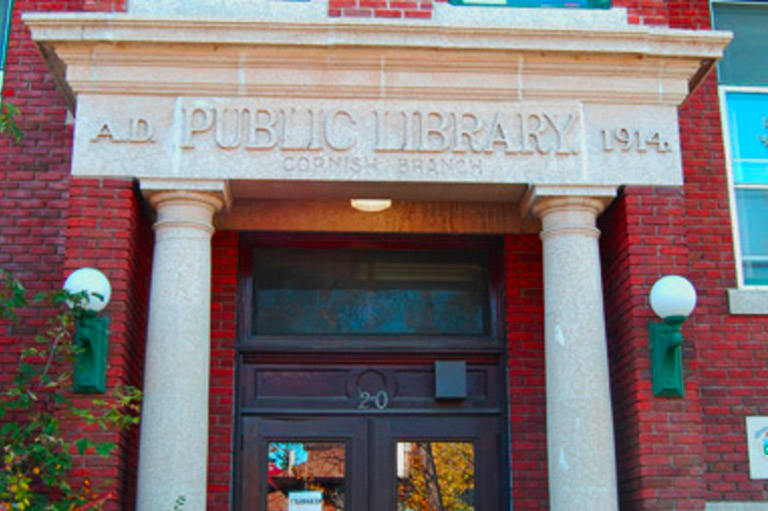Roots: The Highs and Lows of Family History
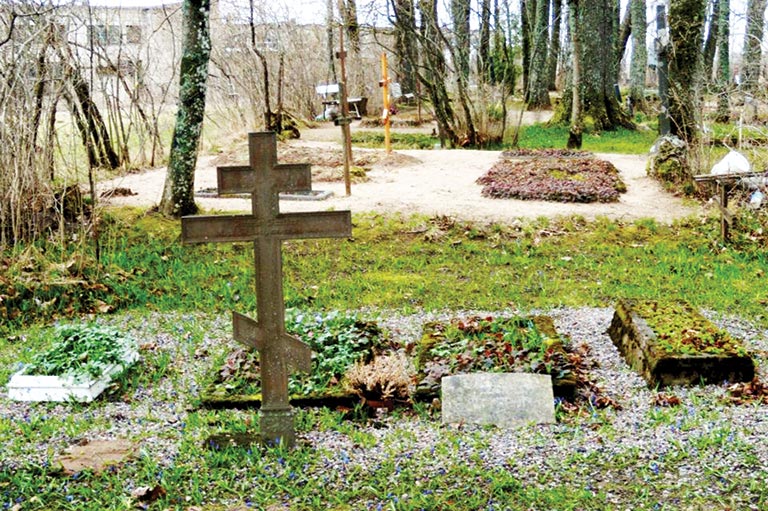
Advertisement
Curious about the extremes of emotion experienced by Canadian genealogists, I recently asked researchers from across the country to send me stories of the good, the bad, and the ridiculous of their pastime. Let’s take a quick look at what they reported, starting with the upbeat accounts. (Only first names are used to protect the privacy of third parties.)
When Grace, Janet, and Shirley took DNA tests or studied online records, they weren’t expecting life-changing outcomes. Yet they all found previously unknown biological first cousins and have since joyously welcomed these newcomers into their respective families.
Bev’s discovery was not as epic, though the setting was.
During the Quebec ice storm of 1998, she billeted a temporarily displaced fellow genealogist. While chatting after supper, and to their ever-increasing delight, the two women came to realize that their ancestors had been neighbours in Quebec’s Eastern Townships in 1864.
Most genealogists don’t find unknown cousins or improbable coincidences, but they can have the satisfaction of uncovering ancestors who participated in historic events. Ross, Roy, and Deborah, for example, have learned that they have forebears who were, respectively, a counsel to the Indigenous defendants in the North-West Resistance trials in Regina, a soldier with several near-death experiences in the Napoleonic Wars, and a bodyguard to the Duke of Wellington.
Personally, I love James’ good-news story. He investigated a family legend concerning a Loyalist ancestor who had settled in Sherbrooke, Lower Canada, in the 1790s. It was said that the old warrior had bequeathed to a family member the silver buttons from the military coat he’d worn during the American Revolution. But that was more than two hundred years ago. Who had the buttons many generations later? Persistent and ingenious, James successfully tracked the keepsakes to the possession of an elderly fifth cousin once removed in rural Vermont.
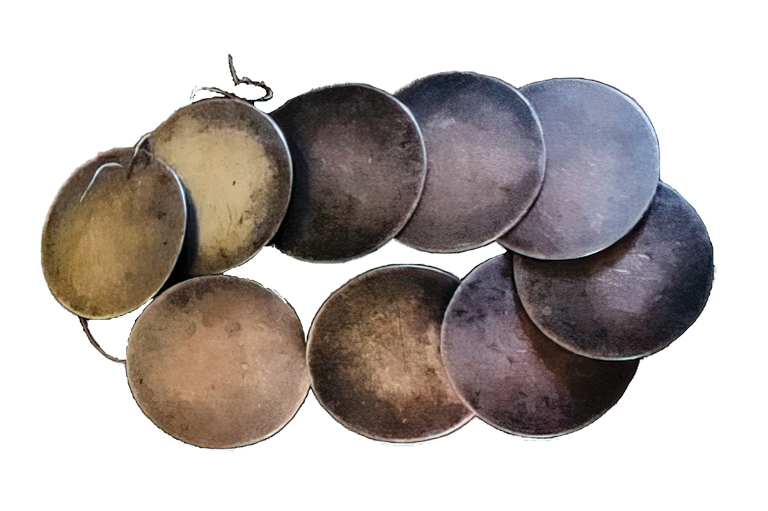
Joyous as these stories are, setbacks are at least as common and may be the default genealogical condition. Case in point: Linda, an experienced and respected researcher and instructor, tells the tale of a rookie error that recently cost her two years of aggravation. She spent this time seeking her connection to a DNA match who, had she thought to look, already occupied a place in her family tree. I can empathize. Scarcely a year passes without my adding another howler to my personal list of mistakes.
Brenda’s story of disappointment and bafflement is unique. Visiting her ancestors’ family plot in Latvia, she was delighted to find two locals already at the graves. After much gesticulating and pointing at a family chart, she overcame the nearly impenetrable language barrier and established that one of the Latvians was her second cousin. Brenda said that “a strangeness persisted — no smiles, no shared excitement.” Then, the two locals abruptly left. Later, after running the gamut of emotions, Brenda had an epiphany. Latvia had recently created a path to citizenship for diaspora descendants, and some were applying to reclaim ancestral properties. Did Brenda’s second cousin fear that she was there to appropriate his home? Yikes!
In this edition of Roots, we’ve briefly examined some remarkable stories that illustrate the range of positive and negative emotions that can arise during genealogical research. Human nature being what it is, the ridiculous stories will provide enough material for a future column all their own.
With 7 uniquely curated newsletters to choose from, we have something for everyone.
Themes associated with this article
Advertisement


